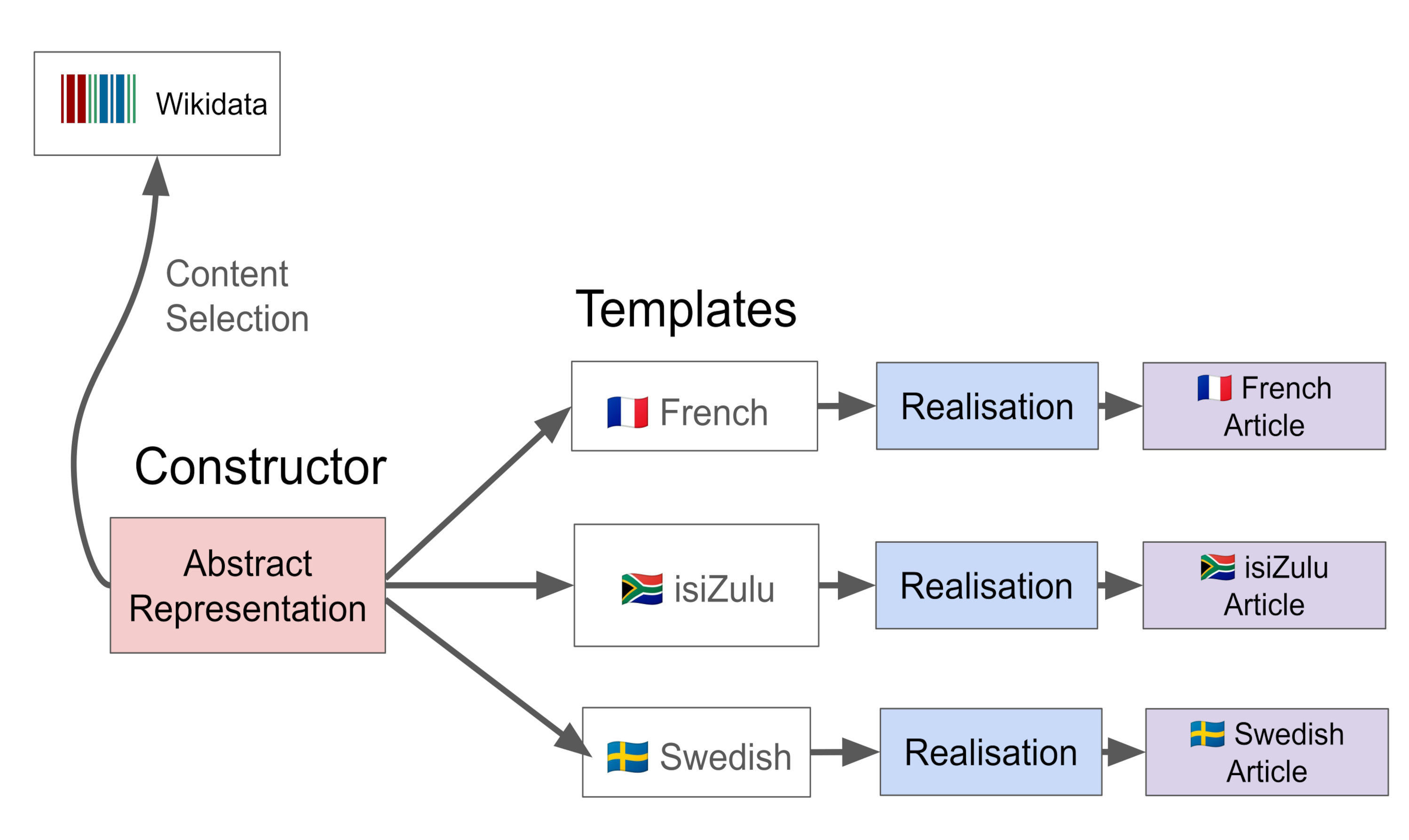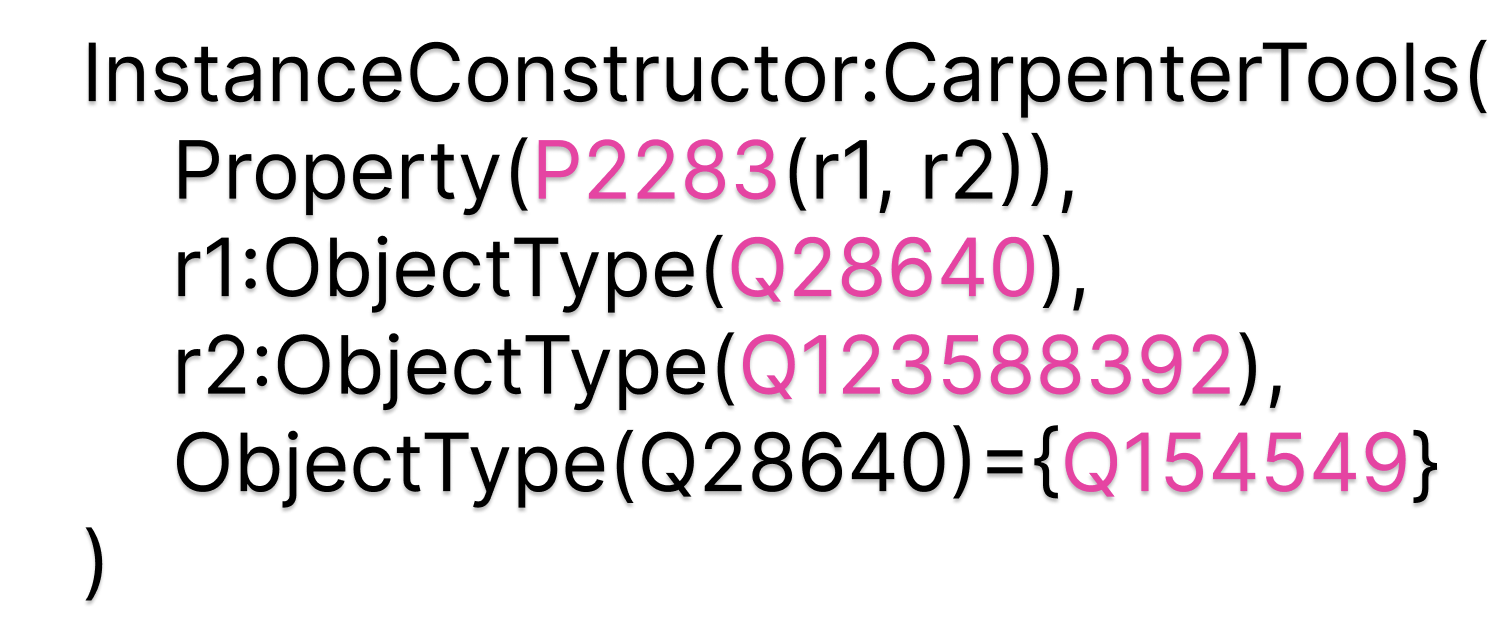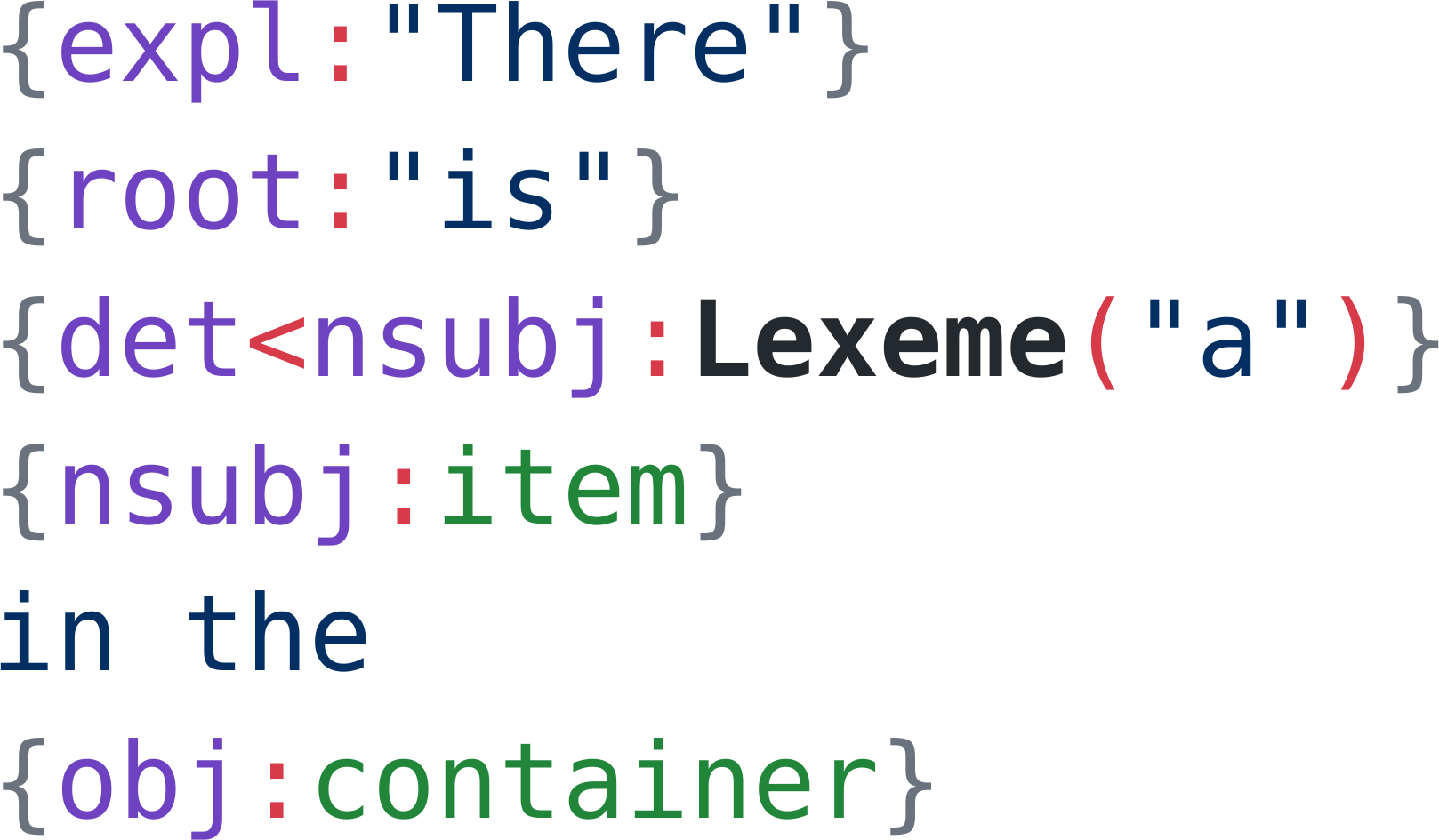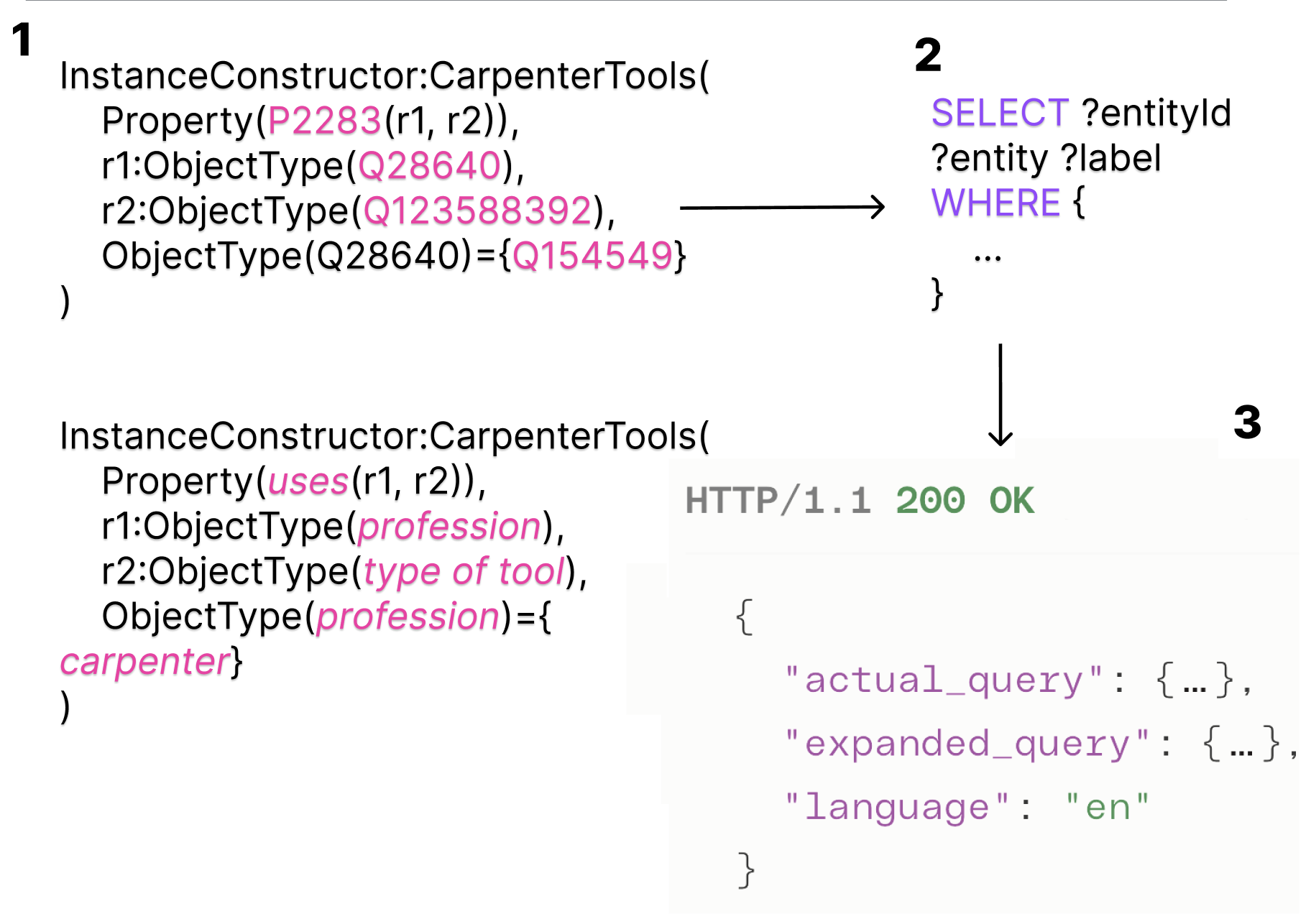Toolkit for an Abstract Wikipedia
Toolkit for an Abstract Wikipedia
| Year | 2024 |
|---|---|
| Students | Jordy Kafwe Matthew Craig |
| Supervisor | Associate Prof. Maria Keet |
| Second Reader | Associate Prof. Sonia Berman |
| Tools | CRAFT TempTing |
This website covers a set of software tools, CRAFT and TempTing, that aim to streamline contribution to Abstract Wikipedia. These tools were developed by Jordy Kafwe and Matthew Craig, honours students at the University of Cape Town. This page contains an overview and context, relevant to both projects. For detailed information about each project, see the CRAFT and TempTing pages.
Context and Background
Abstract Wikipedia
Abstract Wikipedia is a much broader project, of which this project forms only a small part. Abstract Wikipedia envisions a system of open collaboration between people of diverse, multilingual backgrounds. Its goal is to leverage Wikidata and Wikifunctions to facilitate the creation of language-agnostic representations of content. Natural Language Generation (NLG) techniques will be utilised to produce Wikipedia articles from these abstract representations in a vast array of languages.
Wikidata
Wikidata is an open, collaborative knowledge base. Wikidata houses a large collection of labelled entities and the relationships they have with other entities. Its goal is to provide a diverse collection of machine-readable knowledge that anyone may contribute to and benefit from. The content is, however, largely inaccessible to the broader public. This is due to the technical barrier prohibiting interaction with the content. Abstract Wikipedia intends to solve this problem by producing human-readable natural language from the knowledge housed in Wikidata.Constructors
The abstract representations of content are given the term constructors. Constructors are declarative statements of content to be selected from Wikidata. The declarations can be conceptualised as expressive arrangements of language-independent Wikidata identifiers. They are modular representations of content that can be composed to form an article.Templates
Problem Statement
This project seeks to address some Abstract Wikipedia's current shortcomings, particularly those pertaining to constructors and templates. These can be loosely categorised into two categories: Functionality and Accessibility.Problem: Functionality
The constructor template functionality required by Abstract Wikipedia is largely absent. Progress towards a production-ready system has not yet begun. Constructors need to be processed to extract the necessary content from Wikidata. Templates need be parsed and validated as a precursor to realisation.Problem: Accesibility
Significant technical barriers are preventing the general public from contributing to and benefiting from Abstract Wikipedia. There is a need for tools that improve the accessibility and comprehensibility of the project. Constructors suffer from a lack of discoverability of Wikidata content. Templates require a tool that can give real-time feedback in the creation process.Projects
To solve the aforementioned problems, two software tools were developed:- CRAFT - An API for processing constructors and retrieving Wikidata content.
- TempTing - A webapp tool for creating and managing templates.
CRAFT
Jordy Kafwe
View a detailed explanation on the CRAFT Page.
CRAFT is an HTTP API for multilingual content selection that processes constructors and converts them into SPARQL queries to retrieve content from Wikidata.
- Parser for processing constructors
- Handles multilingual input
- Returns content in the input language
- Query expansion for related content suggestions
- JSON response containing selected content
TempTing
Matthew Craig
View a detailed explanation on the TempTing Page.
TempTing is a webapp that aids in the creation and management of templates. TempTing provides an
integrated
development
environment for template editing. The tool’s features are supported by a custom-built parser for the
template
syntax.
The webapp can be acessed at https://tempting-frontend.fly.dev/, however, this will
not be hosted indefinitely.
- Syntax Highlighting
- Auto-completion
- Linting/Errors
- Template Management





